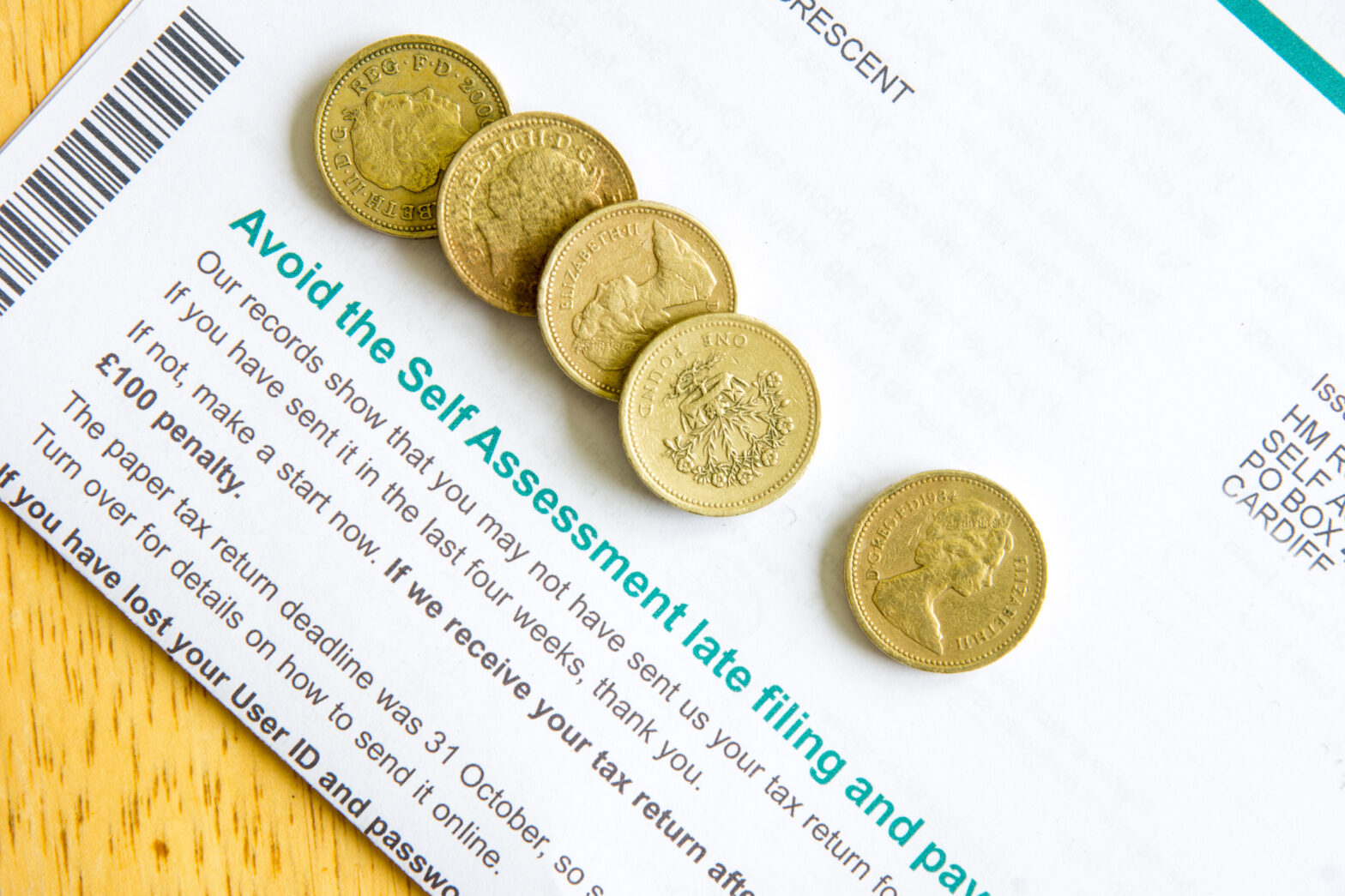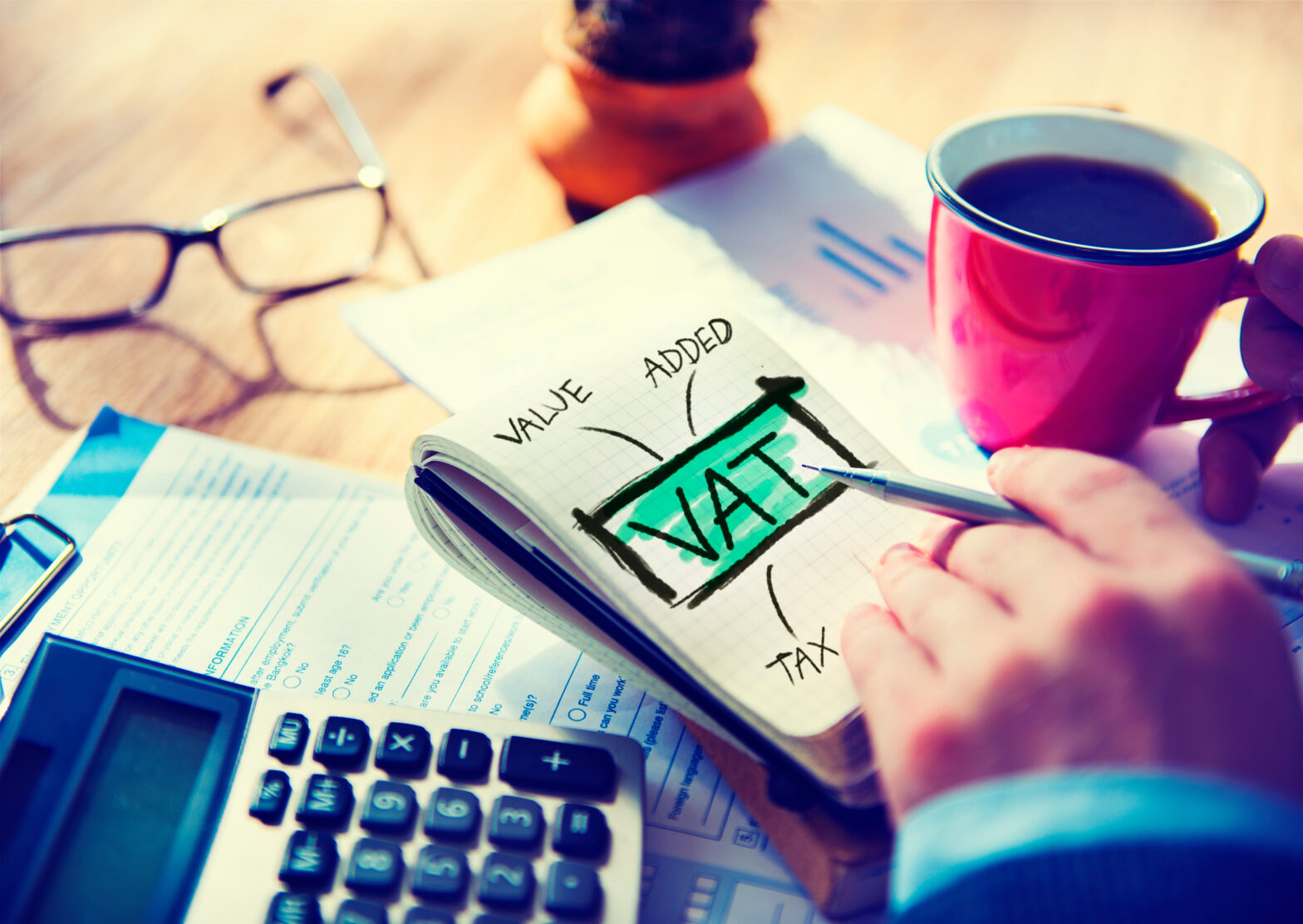January 31st has just passed, which means that self-assessment season is over for another year. But if you’re one of the million or so people who didn’t get your tax return filed on time, you may be worried about what happens next, and what steps you can take to complete your self-assessment and that you avoid further penalties.
Don’t panic!
The first thing to remember is that filing your tax return a couple of days late will earn you nothing worse than a £100 fine (although HMRC will also charge you interest if you have failed to pay your tax on time too). You won’t be arrested, or automatically face a visit from a tax inspector, just because you’ve missed the deadline!
But don’t get lulled into a false sense of security. Remember that the longer you take to submit your self-assessment tax return after the January 31st deadline, the more fines you will incur, so that initial £100 penalty may start getting larger! HMRC may also start to charge additional penalties the longer you wait to pay your tax too, so the quicker you submit your tax return and pay your tax bill, the better.
Do you have a reasonable excuse?
There may be a very good reason why you haven’t filed your tax return on time, such as a serious illness, or a death in your immediate family. HMRC calls this a ‘reasonable excuse’ for filing late, and you should tell them what has happened as soon as possible. Don’t wait until they send you a penalty notice; fill in and submit a claim form to let them know.
HMRC says they will treat every claim on a case-by-case basis, but examples of reasonable excuses could include:
- a computer breakdown as you try to file
- a system failure on HMRC’s part
- your records being destroyed in a fire or flood so near to the deadline that you can’t recreate them
- receiving your online activation code late despite applying for it in plenty of time.
If you relied on your accountant to complete your self-assessment, but they failed to prepare and submit your tax return on time, you may think that would be a reasonable excuse for missing the deadline. Unfortunately this is not the case, as HMRC still hold you responsible for your own tax affairs even if you have used an accountant.
You also won’t avoid a fine because your dog ate your tax return, a wasp caused your car to crash and catch fire (with your tax return still inside) or because your partner left you and ‘took your accountant with them’; all of which are actual excuses that people have given to HMRC for not filing their tax return on time!
Avoid extra costs and scrutiny; file and pay ASAP!
The longer you leave it to file your tax return and pay your tax, the more the interest and penalties will go up. But taxpayers who persistently file and pay late are also more likely to attract unwelcome attention from HMRC inspectors, as they may suspect your records are not up to scratch. If that turns out to be the case, HMRC can also levy penalties for this, on top of the ones imposed for filing and paying your tax late.
Even if you’ve missed the deadline, you can still file your Self Assessment return via HMRC’s portal or through specialist software, so make sure you submit it as soon as you can!
Set the groundwork for next year now
If you don’t want to face the same problems next year, take steps now to prevent them. Collect all of your paperwork for the current tax year (which ends on April 5th 2017) and buy a box file to keep important documents such as interest certificates from your bank, dividend vouchers showing money received on shares, and so forth.
Make sure you’re also keeping on top of your day-to-day business accounts and your expenses too. If all of your information is neatly sorted and up-to-date, it’ll be easier to submit your tax return early once the new tax year begins and not leave it until the last minute again.
Emily Coltman is chief accountant at FreeAgent.





